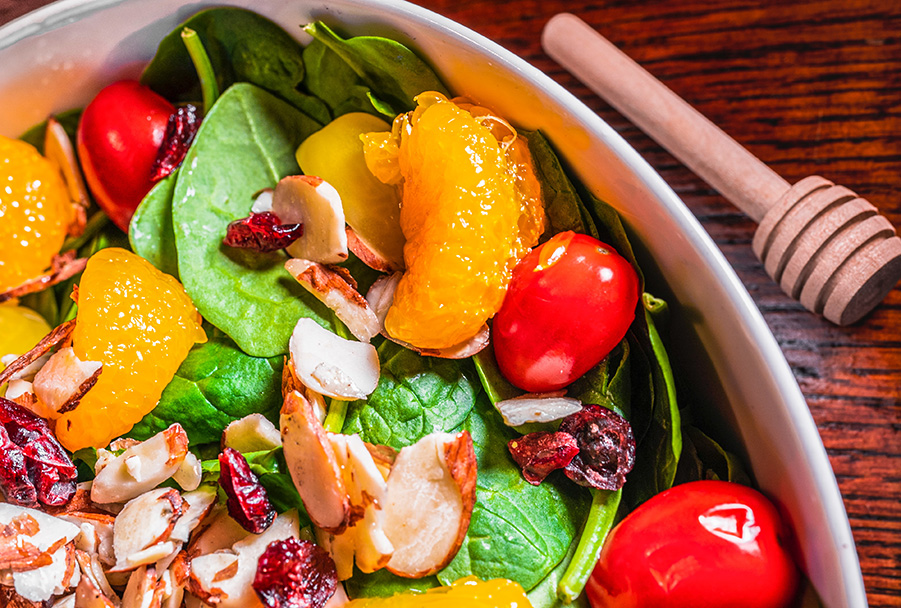All winter superfoods are packed with a serious nutritional punch and are just waiting to be joined into your favorite winter recipes. There are many foods, specifically available and enjoyed during winters, that can help us battle the cold months. Pooja Banga, Dietitian and Nutritionist, tells you what these superfoods are and how they keep you warm with nutrients that are most necessary for the body during this season.

The body needs extra protection during these winter seasons to battle any kind of sickness; the weather should not be a reason for unhealthy eating. There are a variety of winter foods that are not only healthy but tasty as well that can prevent you from falling sick.
Honey
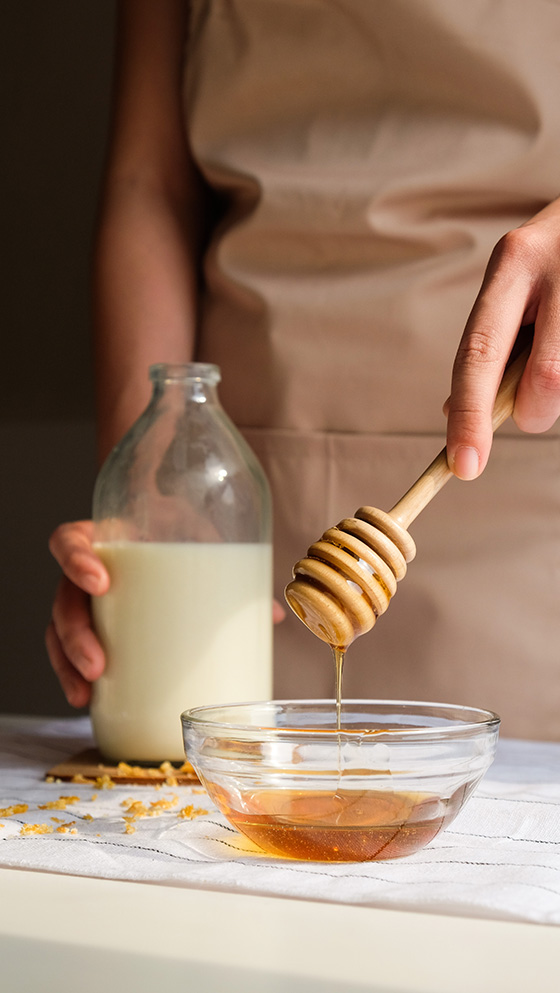
Honey is warm in nature and its regular intake helps in keeping the body warm. Honey is also good for keeping cold, cough, and flu at a low level as it strengthens the immune system. So, sip on some honey in hot water or have a spoon of honey daily, first thing in the morning to keep yourself warm. This is one of the reasons why the intake of honey during summers is not advised.
Dry Fruits
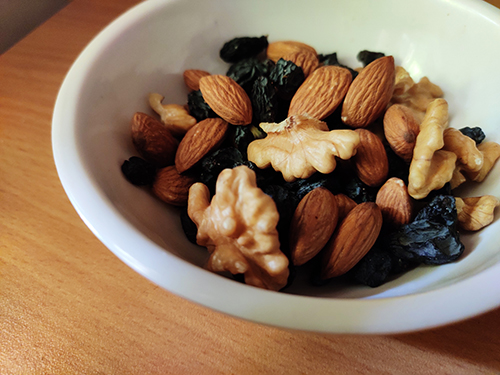
Almonds and walnuts are the best winter foods that will keep your nervous system healthy during the winters, boosts insulin sensitivity, and promotes a healthy heart due to the high content of vitamin E and omega fats. Dates are rich sources of iron, protein, calcium, and many other vitamins which are essential to maintain good health and immunity.
Oats
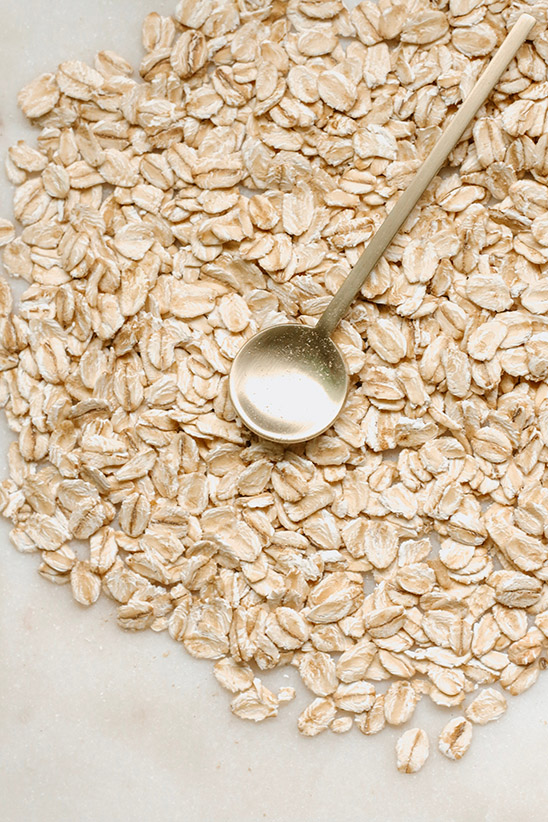
Oats contain nutrients that are important for the winter, like zinc which boosts immunity, and soluble fibers which are important for a healthy heart, better digestion, and bowel movements. Winters make us more susceptible to constipation due to reduced water intake. Oats, in addition to being a whole of dietary fiber, also contain much energy like- vitamins and magnesium. They can help to balance your blood glucose levels, Oats also help to manage your cholesterol levels. You can incorporate oats into biscuits, snack bars, or even smoothies.
Bajra
This tiny cute little millet variety is high on fat, rich in protein and fiber. The high iron content plays a vital role in curing anemia. If the intake millet regularly, millet can help to strengthen your bones.
Root vegetables
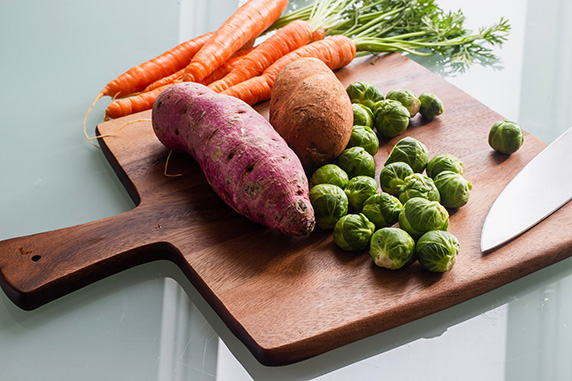
Root vegetables like carrots, beetroots, turnips, and potatoes are not only nutritious but are also available during winter in their freshest forms. Vegetables like carrots are high in vitamin A, which is good for the skin and helps fight cold and other common infections. Sweet potatoes this winter. They have higher sugar content than your regular potato, but their nutritional value is way higher. Sweet potatoes are a rich source of fiber, vitamin A, and potassium. Regular consumption can help in curing constipation, improve your immunity, and is known to reduce inflammation. Eating turnips and their leaves will improve heart health, strengthens your bones, and helps with digestion. Root vegetables keep the body warm as their digestion is slower which generates more heat. You can use these vegetables to make yourself a warm soupy stew or you could eat them as a salad.
Ghee
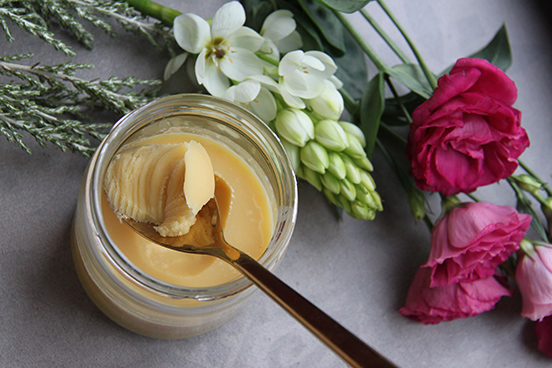
Desi ghee is the most easily digestible fat which gives the body the much-needed warmth. That’s not all. Ghee aids in digestion prevents constipation, increases immunity, and protects the body against cold and flu. You can add a few drops of ghee in your dal and sabzi or you could cook your food in ghee it may help you to fight infection from the winter season.


